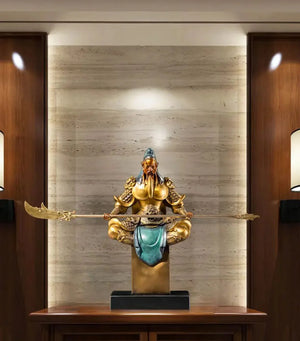Chinese Handicrafts: A Timeless Art Form

# Chinese Handicrafts: A Timeless Art Form
## The Rich Heritage of Chinese Crafts
Chinese handicrafts represent a vibrant tapestry of cultural heritage that has been woven over thousands of years. From delicate porcelain to intricate embroidery, these art forms showcase the creativity and skill of Chinese artisans across generations. Each piece tells a story of tradition, symbolism, and meticulous craftsmanship that continues to captivate people worldwide.
## Porcelain: The White Gold of China
The Legacy of Chinese Porcelain
Chinese porcelain, often called “china” in the West, stands as one of the most celebrated contributions to global art history. The techniques developed during the Tang and Song dynasties reached their zenith during the Ming and Qing periods, producing pieces that were both functional and extraordinarily beautiful.
Famous Porcelain Styles
- Blue and white porcelain
- Famille rose
- Celadon
- Cloisonné
## Silk Embroidery: Threads of Elegance
The Art of Chinese Embroidery
Chinese silk embroidery represents one of the most refined textile arts in the world. With origins dating back to the Neolithic period, this craft developed into distinct regional styles, each with unique characteristics and techniques.
Major Embroidery Styles
| Style | Origin | Characteristics |
|---|---|---|
| Su Xiu | Suzhou | Delicate, fine stitches |
| Xiang Xiu | Hunan | Vivid colors, bold patterns |
| Yue Xiu | Guangdong | Gold and silver threads |
## Paper Cutting: Folk Art in Scissors
The Delicate World of Jianzhi
Chinese paper cutting, known as Jianzhi, transforms simple red paper into intricate designs through the skilled use of scissors or knives. This folk art often features symbolic motifs used in festivals, weddings, and other celebrations.
Common Paper Cutting Themes
- Double happiness symbols for weddings
- Animals of the Chinese zodiac
- Floral patterns representing seasons
- Characters symbolizing luck and prosperity
## The Future of Chinese Handicrafts
While modern technology has changed production methods, traditional Chinese handicrafts continue to thrive. Contemporary artists blend ancient techniques with modern aesthetics, ensuring these art forms remain relevant. Museums, cultural programs, and artisan cooperatives work to preserve these skills for future generations while introducing them to new audiences worldwide.
The enduring appeal of Chinese handicrafts lies in their ability to connect us with history while continuing to evolve. From imperial workshops to modern studios, these art forms represent an unbroken chain of creativity that continues to inspire.

